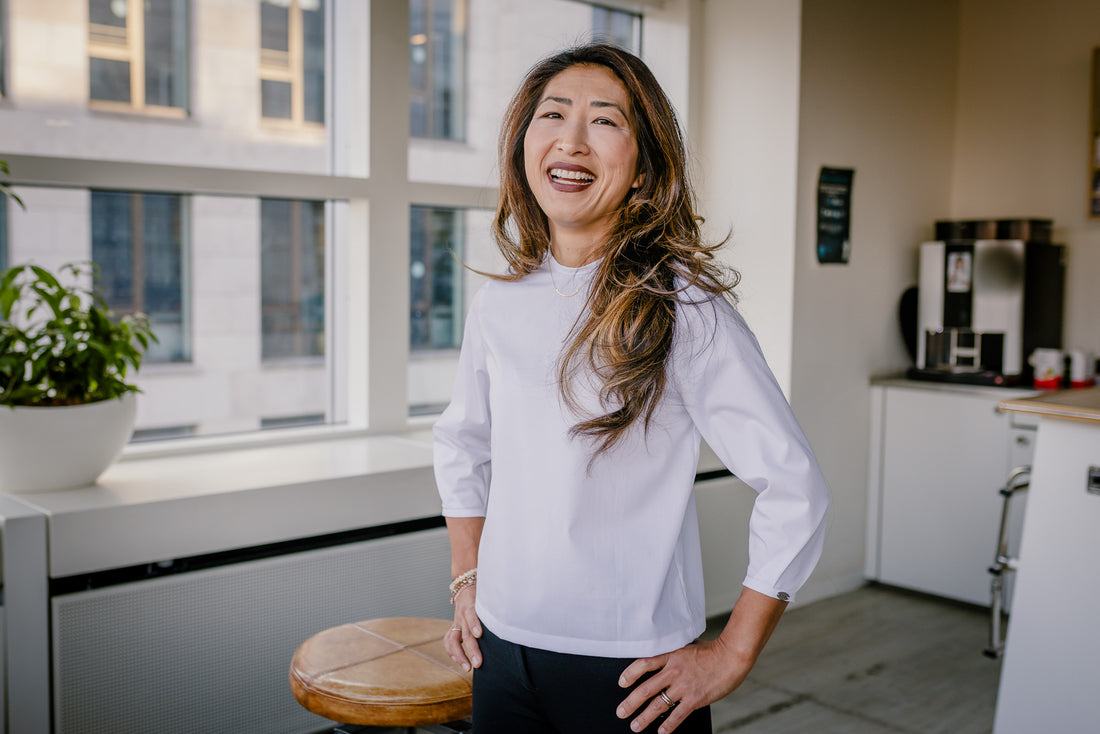Getting dressed has become a political and moral minefield. Many of us are torn between the joy of a package delivered by the post office and the guilt that every order contributes to the looming climate apocalypse.
According to a study by Zalando, 65% of women and 56% of men feel that their self-confidence is strongly influenced by the clothes they wear. But when it comes to sustainable fashion, a bad conscience is often associated with it. In addition, many do not know what sustainability means in connection with fashion (I have already written a few blog entries on this).
Research from 2018 shows that the number of items of clothing purchased per person has doubled in the last decade. The frequency with which a garment is worn has fallen by 36% over the past 15 years. Instead of vacillating between guilt and denial, let's focus our energies on the joy that sustainable products and behaviors can bring.
Buying clothes is a very emotional act for many of us. We should therefore above all ask ourselves which piece of clothing we feel comfortable in and whether we will still be happy to wear it in a year. I firmly believe that every time we get dressed is an opportunity to tell a new story about ourselves. In the last few years of the pandemic, these stories have changed significantly due to working from home, curfews and canceled events. Many of us have started rummaging through our closets to see what's there. I know some women who have decided not to buy anything new for a period of time. This allows us to remember which clothes we liked to wear and what moved us at that point in time. But it also allows us to look ahead and tell our stories of who we might want to become.
When I look at my own wardrobe, the most enduring pieces are those I've chosen and bought with care, or pieces that I associate with special moments. Quite a few of my clothes are now 20 years old and I still like to wear them and remember situations in which I have worn them in the past. In short: They are parts that I have developed a relationship with and that I have come to love. When we think about being more sustainable, it's not about saying no to shopping, it's about saying yes to shopping in new and conscious ways.
There is still work to be done to bring sustainable fashion solutions to market, things like closed loop recycling of garments back into garments. There is reason for optimism as brands are beginning to embrace resale as part of their business models. Companies are also getting better at creating the perfect product for each of us as individuals. Unspun is an American company that makes tailored jeans where all you have to do is turn in front of your smartphone to get your measurements. If you own jeans that are tailored to your unique body, you likely have a stronger emotional bond, which means you'll wear them more often and longer.
Fashion often leads the way in defining the stories people want to tell about themselves. We're trying to create a sense of hope as we emerge from the pandemic. Also, the stories about sustainability should be ones that focus on joy and lead away from guilt. This is the only way we can ensure a change and long-term recovery in the industry.

